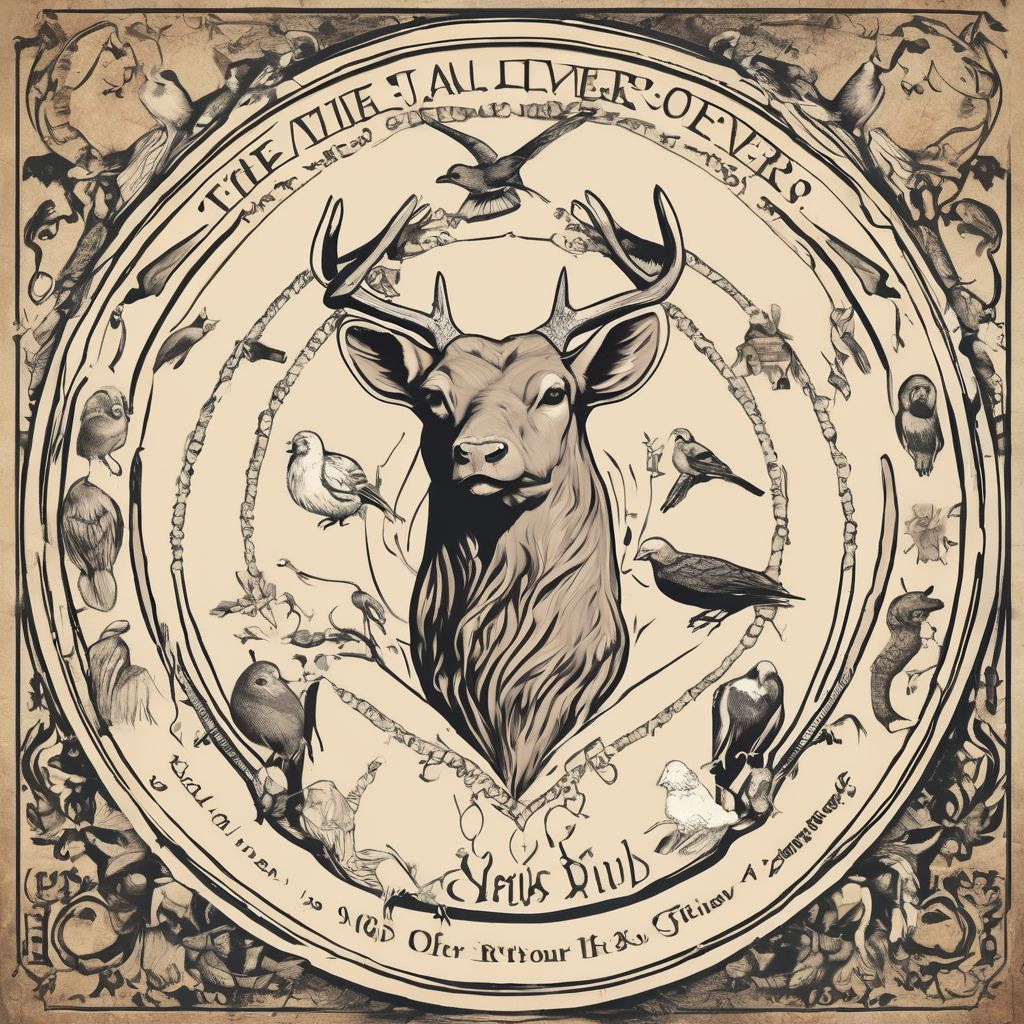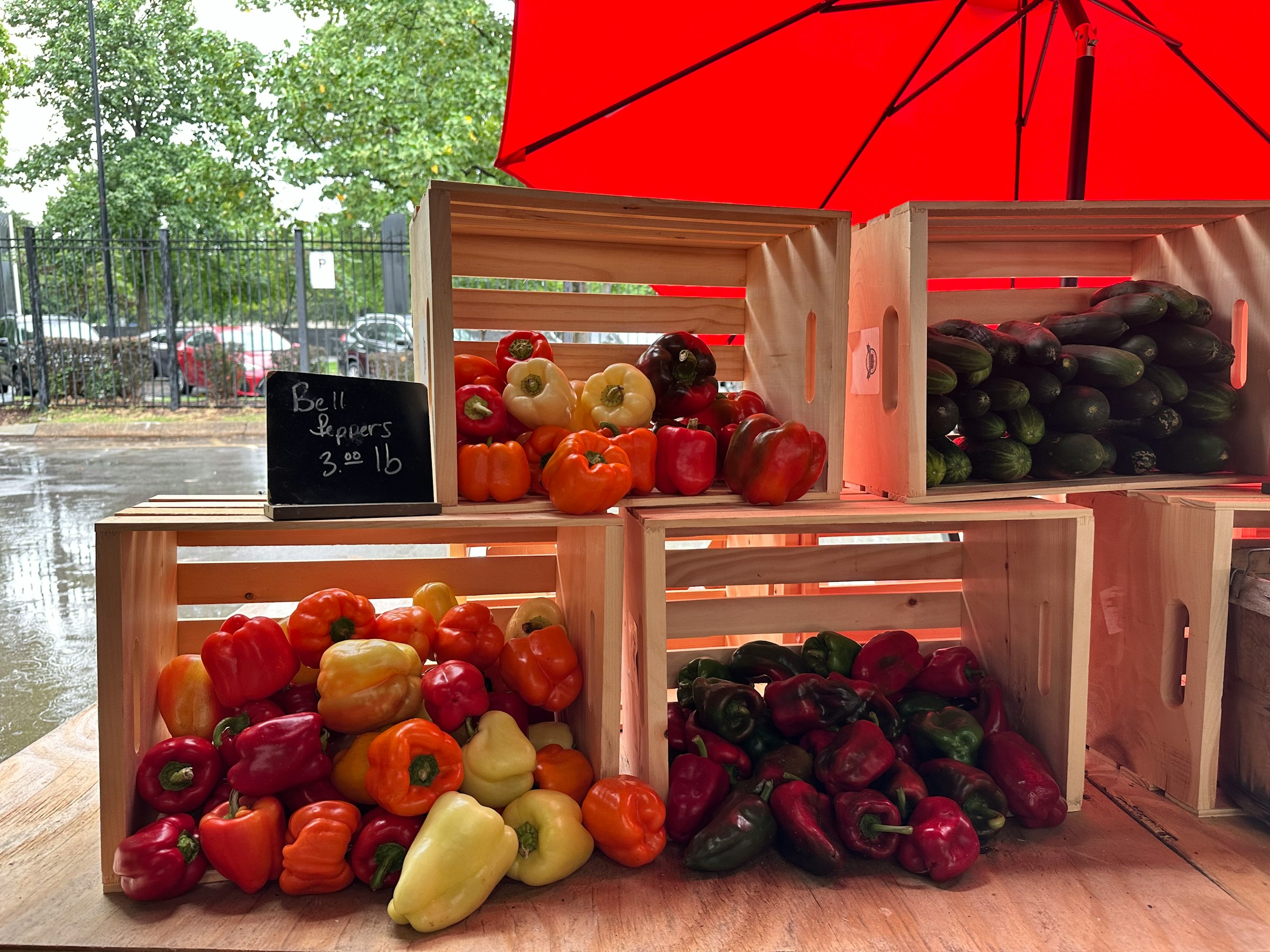In recent years, there has been a significant shift towards organic farming in the United Kingdom. More and more farmers are turning their backs on conventional farming practices in favour of ecological systems that prioritize the health of the land, the quality of food, and the wellbeing of local wildlife. But how exactly has the rise of organic farming impacted the species that populate our fields, forests, and hedgerows?
The Rise of Organic Farming: A Shift Towards Natural and Sustainable Systems
The last decade has seen a remarkable surge in organic farming across the UK. This move away from conventional farming methods represents a holistic shift towards more environmentally friendly systems of food production.
Cela peut vous intéresser : What’s the best practice for dog owners to avoid disturbing ground-nesting birds in the UK?
According to the Soil Association, the UK’s leading food and farming charity, the amount of land used for organic farming in the UK has increased by over 30% in the last five years. This shift is largely driven by a greater awareness of the potential environmental and health benefits of organic farming.
Organic farming systems are typically seen as being more biodiversity-friendly than their conventional counterparts. But what does this term mean? In simple terms, biodiversity refers to the variety of life found in a particular habitat. It’s a measure of the health of an ecosystem.
Cela peut vous intéresser : How to recognize and report illegal wildlife trade in the UK?
Organic Farming and Wildlife: A Benefit to Biodiversity
A study by a group of UK scholars published on Google Scholar indicates that organic farming practices can have a positive impact on biodiversity. Organic farms tend to have a higher number of species compared to conventional farms. This is due to a variety of factors.
One of the primary factors is the absence of synthetic pesticides and fertilisers in organic farming. These substances, commonly used in conventional agriculture, can have a detrimental effect on wildlife, affecting both flora and fauna.
Organic farming also encourages a more diverse landscape. The use of crop rotations, the planting of hedgerows, and the preservation of pasture and woodland all contribute to a richer, more varied habitat, which in turn attracts a wider variety of wildlife.
The Impact on Specific Species: From Bees to Birds
The shift towards organic farming has had notable impacts on specific species. Bees, for example, are vital pollinators and their decline in recent years has been a cause for concern. Organic farms, by avoiding the use of harmful pesticides, provide a safer environment for bees.
Birds too, are benefiting from organic farming. A comparative study of organic and conventional farms found that bird populations were 50% higher on organic farms. This was attributed to both the greater availability of food (in the form of insects and seeds) and the better quality of habitat.
Organic Farming and Animal Welfare: Beyond Wildlife
The benefits of organic farming extend beyond wildlife to include farm animals. Organic standards, as defined by bodies such as the Soil Association, place a high emphasis on animal welfare. Livestock on organic farms are given access to pasture, are fed a natural diet, and are kept in conditions that minimise stress.
This approach not only leads to healthier, happier animals but also results in better quality meat, milk, and eggs. From a farmer’s perspective, happy and healthy animals are also more productive.
Challenges and Opportunities: The Future of Organic Farming
Despite the clear benefits, the shift to organic farming is not without its challenges. Organic farming is often more labour intensive and may produce lower yields than conventional methods. Additionally, the transition to organic can be costly and take several years.
However, there are numerous opportunities that come with organic farming. The demand for organic products is on the rise, both domestically and internationally. This presents a potential economic advantage for organic farmers.
Moreover, the UK government is increasingly recognising the value of organic farming. The new Agriculture Bill, for example, promises to reward farmers for work that enhances the environment and animal welfare. This includes organic farming practices.
While it’s clear that the shift towards organic farming in the UK has had a positive impact on local wildlife, it’s also clear that there’s still much more to learn. As more farmers embrace organic methods and as more research is conducted, we’ll gain a better understanding of how best to farm in harmony with nature.
The Role of Organic Farming in Climate Change Mitigation
The rising environmental concerns associated with conventional farming practices have made organic farming an attractive alternative. With the escalating global challenges of climate change, the role of organic farming in mitigating these effects cannot be overstated.
Organic farming systems are designed to enhance soil health and capture carbon, thus playing a crucial role in mitigating climate change. According to a study on Google Scholar, organic farms have a higher carbon sequestration potential compared to conventional farms. This is largely attributed to the organic farming practices such as composting and crop rotation, which enhance the organic matter content in the soil, thereby increasing its ability to capture and store carbon.
Moreover, organic farming helps in reducing the emission of greenhouse gases. A study published on PubMed Crossref indicates that organic farms emit less greenhouse gases per unit of land compared to conventional farms. This is linked to the absence of synthetic fertilisers in organic farming, which are major contributors to nitrous oxide emissions – a potent greenhouse gas.
Furthermore, biodiversity fostered by organic farming systems can also contribute to climate change mitigation. A diverse ecosystem is more resilient, making it better equipped to deal with the effects of climate change. The species richness of organic farms, the diversity of plant species and the overall health and welfare of the larger ecosystem, can help in buffering against climate change impacts.
Conclusion: The Transformative Potential of Organic Farming
The shift towards organic farming in the United Kingdom is a testament to the transformative potential of sustainable farming practices for the health of our environment. Organic farms have shown that it’s possible to produce high-quality and nutrient-rich organic food, while simultaneously supporting local wildlife and mitigating the effects of climate change.
The benefits of organic farming extend to biodiversity conservation, animal health and welfare, climate change mitigation, and, not to forget, the health and wellbeing of consumers who choose organic food. The dedication of organic farmers to sustainable farming practices is a beacon of hope for the protection of our environment.
However, the challenges facing organic farming, including lower yields and the high costs of transition, cannot be overlooked. Therefore, it’s vital to support organic farming through favourable policies and incentives. The recent moves by the UK government, such as the Agriculture Bill, are steps in the right direction.
In conclusion, the shift towards organic farming in the United Kingdom is a powerful reminder of our ability to transform the way we produce food, in a manner that respects and supports nature. As research continues to reveal the benefits of organic farming, one can hope that more farmers, not just in the UK but around the world, will embrace these practices for the good of our planet.











